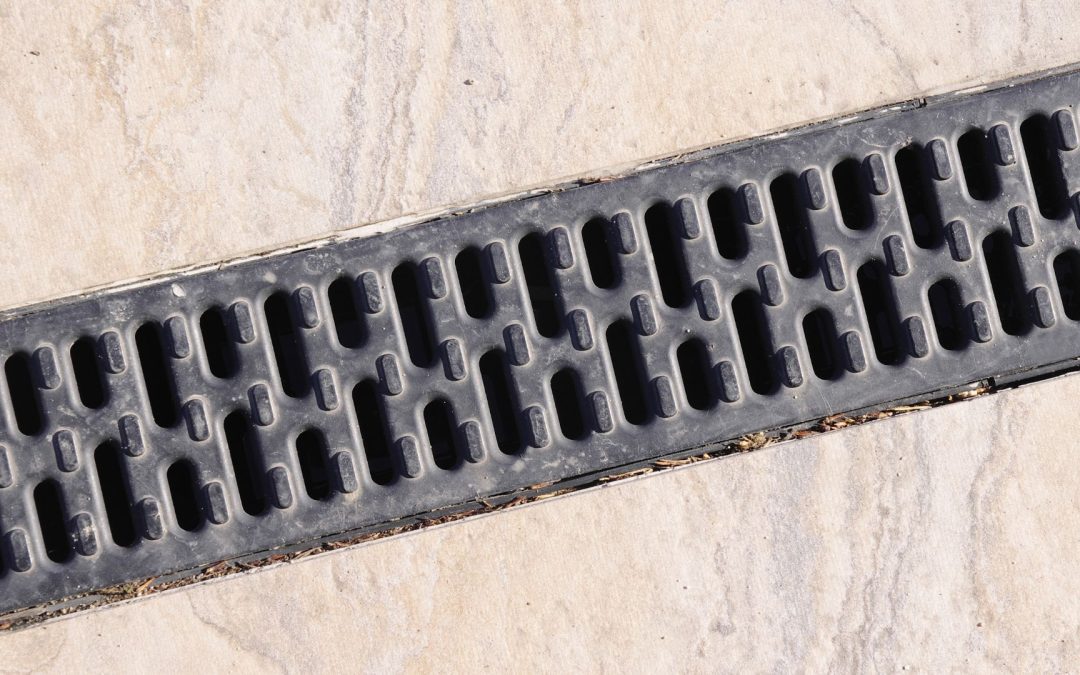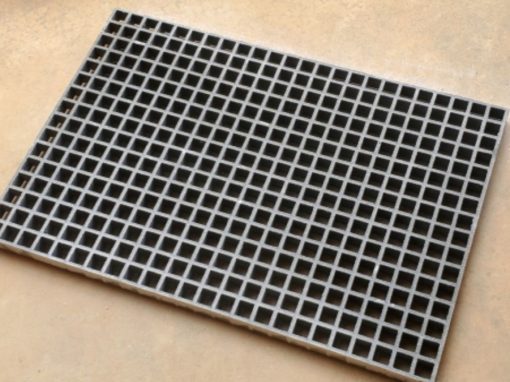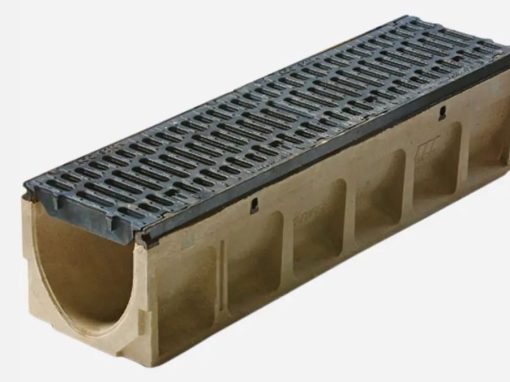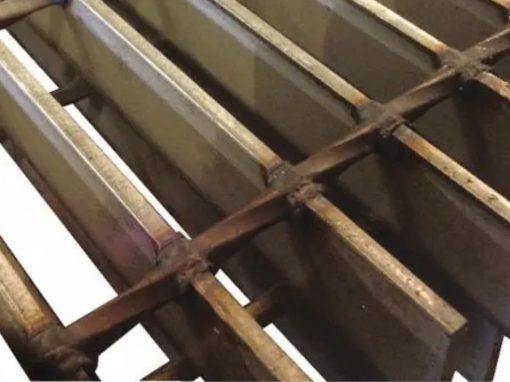For businesses, commercial work sites, and personal properties, draining surface water is an important thing to do. If left to pool, water can cause bacterial growth, drowning, property damage, and other hazards.
Therefore, a proper drainage system is necessary to avoid these issues and save yourself a lot of money and effort. But let’s take a deeper look at what a trench drain system is and the effective ways that can be applied to properties.
What Is A Trench Drain System?
Simply put, a trench drain system is a long water drainage system that channels extra water away from the surface of an area.
Therefore, It consists of a drainage channel and a grate or cover in other words. The grate is installed just at or below ground level and there are many materials, weight classes, and styles available.
The Different Kinds Of Trench Drains
There are two primary types of trench drain systems. Cast in place and precast.
Cast in place trench drains systems are typically created with concrete material. They are created on the installation site itself.
First, the installer digs a trench and then uses reinforcement to pour the concrete while removing the forms, aka reinforcements.
These cast-in-place trench drainage systems require a lot of labor and oversight to ensure everything is done correctly on the job site.
However, once these systems are created, they are very effective. Precast. Precast simply means that the trench drain system is made with concrete in the factory.
This is as opposed to being created on the site itself. The installer will use metal molds that have predetermined widths, depths, and heights.
Applications
There are various types of applications for trench drain systems. Here are various ways that a trench drain system can help a commercial property.
- Parking lots – direct flow of excess water from rain, floods, snow, and storms.
- Warehouses – keep loading areas clean of water and debris prevent damage to machinery and floor materials drain dangerous or excess liquids protect the safety of workers.
- Homes – houses suffering heavy rainfall or large amounts of surface water can benefit from trench systems.
- Roadways – it is common to see trench drains alongside roadways to divert extra water and maintain a safe traveling surface for car tires to avoid accidents.
- Commercial buildings – shopping centers, business buildings, multifamily apartment complexes, and other types of businesses need to prevent excess water from pooling around their buildings.
- Factories – wash away chemical spills and excess water used to clean machinery, and potential rainfall leaking into the factory. Factories need a large scale drainage system that can withstand the weight of heavy machinery while staying out of the way.
The Role Of Grates
Once the trench is installed, trench drain grates are the final piece of the puzzle. It acts as the cover to the entire drainage system which keeps objects debris from going in there.
It also protects nearby people like pedestrians, bicycle riders, women with heels, those using canes or assistive walking devices, and even small animals from falling in a trench drain or tripping.
Grates have to meet a certain load class, which means they can support a large amount of weight to be safe and sustainable for that application.
Types of Grates
- Ductile iron – a very strong material used to make grates
- Cast iron – perhaps the most popular due to its tensile strength, and versatility. Cast iron can be installed for virtually any drain grate needs.
- Stainless steel – when you want something a little more aesthetically pleasing stainless steel trench drain grates can offer a great design choice. The steel is punched with various designs which allow the water to flow through while still looking relatively nice.
- Galvanized steel – steel is formed into the shape of the grate with the corresponding holes needed for proper drainage for the trench drain and then coated with zinc so that it does not rust.
Want to protect your property from excess water? Contact the trench drain systems experts today, and see how you can improve safety and protection today.




